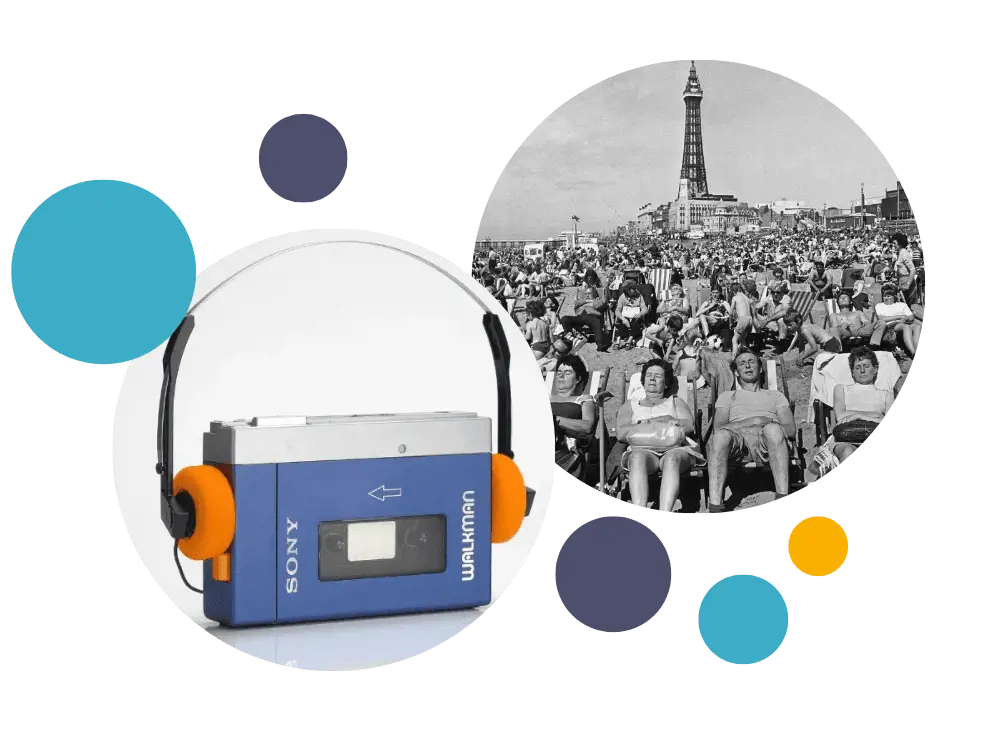Remember when...
If you remember when the first Walkman came out or the summer heatwave of ’76, then it’s time to complete your bowel cancer screening kit.

If you remember when the first Walkman came out or the summer heatwave of ’76, then it’s time to complete your bowel cancer screening kit.

Bowel cancer is the 2nd biggest cause of cancer deaths in the North West. That’s why it’s so important to use and return your bowel cancer screening kit, as screening can help prevent bowel cancer or find it at an early stage, when it’s easier to treat.
If you are registered with a GP and are aged 50-74, a bowel cancer screening kit will be sent to your home address.
That’s what makes them so easy to do!
They automatically arrive by post every 2 years, as soon as you become eligible.
If you’re 75 or over, or have previously had a kit and did not return it, you can ask for a bowel cancer screening kit by phoning the free helpline on 0800 707 60 60.
However, a third of eligible people across the region did not return their test kits in 2022/23.
To use the bowel cancer screening kit, you will need to collect a sample of poo on a plastic stick and put it into a small tube before returning it by post to the NHS for testing.
Your bowel cancer screening kit could save your life. Yet in 2022/23, just 66.5% of eligible people aged 60 to 74 years old sent their tests back.
It’s important that you send it back as soon as you can, as early detection is key to finding cancers at an earlier stage which are then easier to treat.
The test is quick and easy to complete. You can watch a video here of the steps to follow.
If you notice any symptoms of bowel cancer, don’t wait to receive your kit. Contact your GP instead.
The important thing is to remember what is normal for you and your bowel habits. However, these are the symptoms to look out for. Particularly if they last for 3 weeks or more, such as:
If you see something that doesn't look quite right, chances are it's nothing to worry about. But it's better to speak to your GP as soon as possible for a better outcome.